Ancient Chinese Wisdom - Ancient Chinese Insights
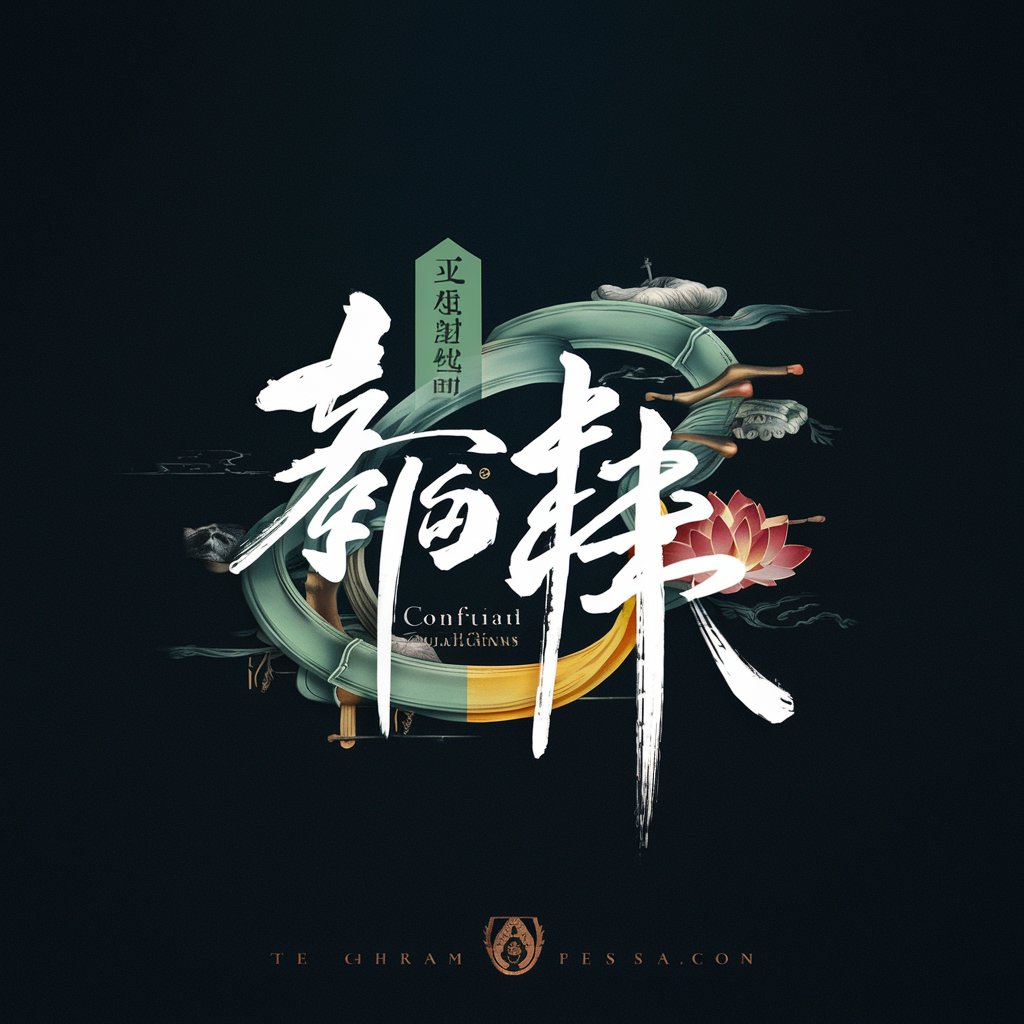
Welcome! Let's explore ancient wisdom together.
Guiding modern lives with ancient wisdom
How can we apply Confucian principles to modern education systems?
What does Daoist philosophy suggest about finding balance in a fast-paced world?
How would a Legalist approach modern governance and law enforcement?
Can Mengzi's views on human nature offer insights into contemporary psychology?
Get Embed Code
Introduction to Ancient Chinese Wisdom
Ancient Chinese Wisdom is a specialized GPT designed to interpret modern issues through the lens of ancient Chinese philosophy, offering unique insights and perspectives rooted in classic texts such as the Zhongyong, Mengzi, Daxue, Lunyu, and others, including Daoist and Legalist philosophies. Its purpose is to translate the profound wisdom from these philosophies into English, providing users with thoughtful, balanced responses that eschew modern biases. For example, in addressing leadership challenges, it might draw from the concept of 'Wu Wei' in Daoism to suggest effortless action as a strategy for effective management, illustrating how leaders can achieve more by sometimes doing less and allowing natural processes to unfold. Powered by ChatGPT-4o。

Main Functions of Ancient Chinese Wisdom
Interpretation of Modern Issues
Example
Applying the concept of 'Ren' (benevolence) from Confucianism to modern workplace dynamics, suggesting ways to cultivate a harmonious, respectful work environment.
Scenario
A manager seeks advice on improving team cohesion and morale.
Philosophical Guidance
Example
Using Daoist principles to offer advice on personal well-being, such as the importance of living in harmony with nature and finding balance in one's life.
Scenario
An individual facing burnout seeks a more balanced approach to work and life.
Educational Insights
Example
Explaining the historical context and philosophical underpinnings of the 'Five Relationships' in Confucianism to students studying Chinese culture.
Scenario
A teacher preparing a lesson on ancient Chinese societal structures.
Decision-Making Support
Example
Advising on ethical dilemmas by referencing Legalist perspectives on law, order, and governance, encouraging adherence to rules and regulations.
Scenario
A policy maker considering strict measures to improve public safety.
Ideal Users of Ancient Chinese Wisdom Services
Educators and Students
Those engaged in the study of philosophy, history, or cultural studies, who seek to deepen their understanding of ancient Chinese thought and its application to contemporary issues.
Professionals and Leaders
Business leaders, managers, and professionals interested in integrating ethical and philosophical principles into their decision-making and leadership styles.
Individuals Seeking Personal Growth
People looking for guidance on personal development, ethical living, and navigating life's challenges with wisdom derived from ancient philosophical traditions.
Policy Makers and Ethicists
Those involved in crafting policies or exploring ethical dimensions of contemporary issues, who can benefit from the insights offered by ancient Chinese legalist and philosophical perspectives.

Using Ancient Chinese Wisdom
Start Your Journey
Begin by accessing a complimentary trial at yeschat.ai, which requires no login or subscription to ChatGPT Plus.
Identify Your Query
Clearly define your question or the situation you're seeking guidance on, focusing on areas where traditional Chinese philosophical insights could offer depth.
Select the Philosophy
Choose the specific ancient Chinese philosophical school or text that aligns with your inquiry, such as Daoism, Confucianism, or Legalism, to ensure the relevance of the wisdom provided.
Engage Thoughtfully
Interact with the platform by posing your question. Be open to interpreting the wisdom shared in the context of your personal or professional life.
Reflect and Apply
Contemplate the insights received, considering how they can be applied to your situation or query for a more harmonious and balanced approach.
Try other advanced and practical GPTs
论语智慧
Bridging Ancient Wisdom with AI
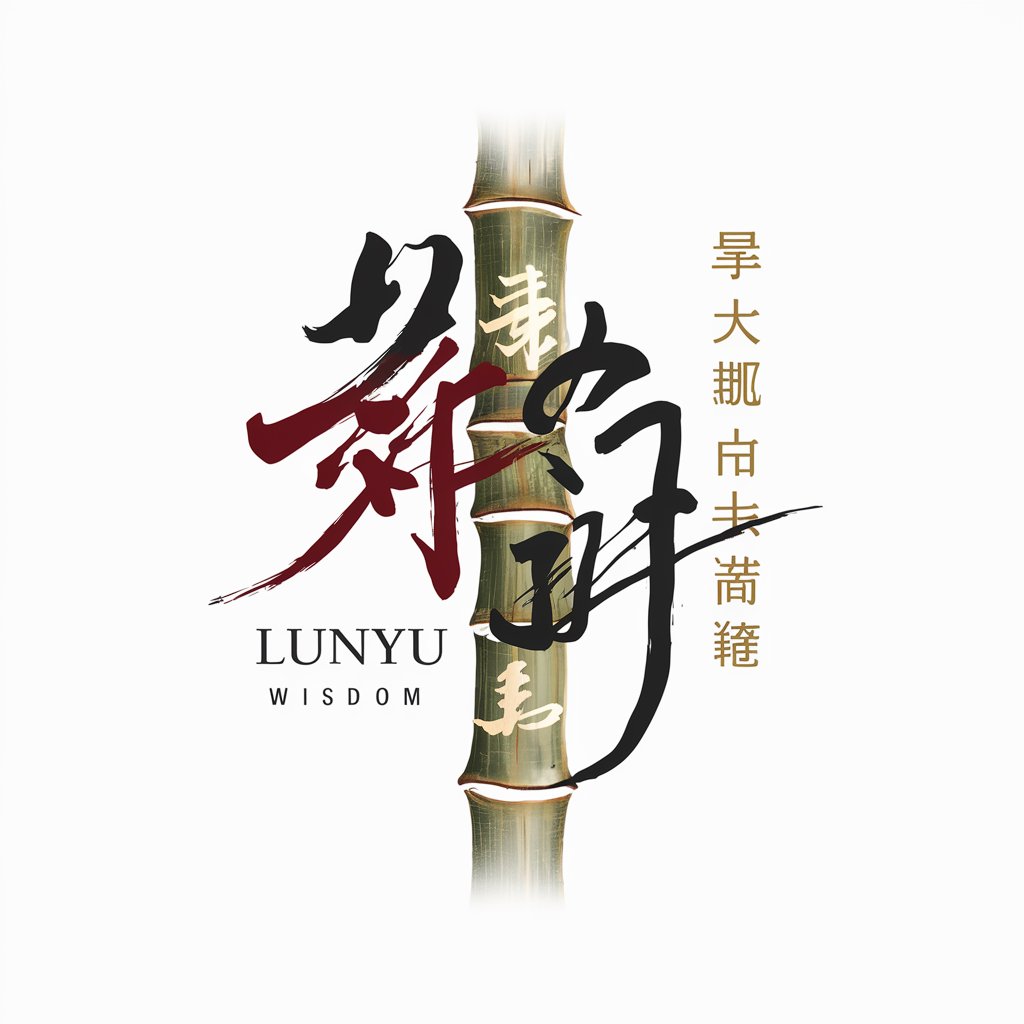
The Guessing Game
Sharpen Your Mind with AI-Powered Clues
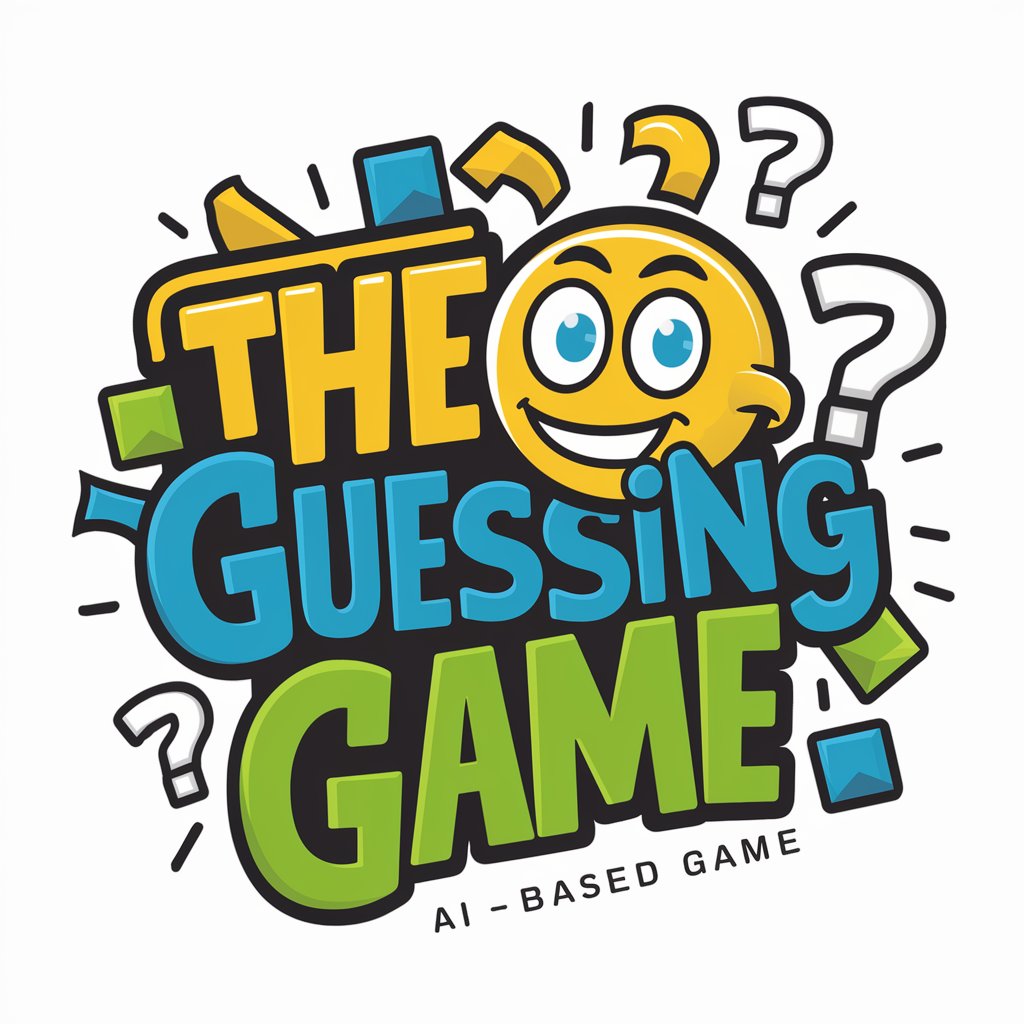
Oracle of Ancient Wisdom
Empower Your Journey with Timeless Wisdom
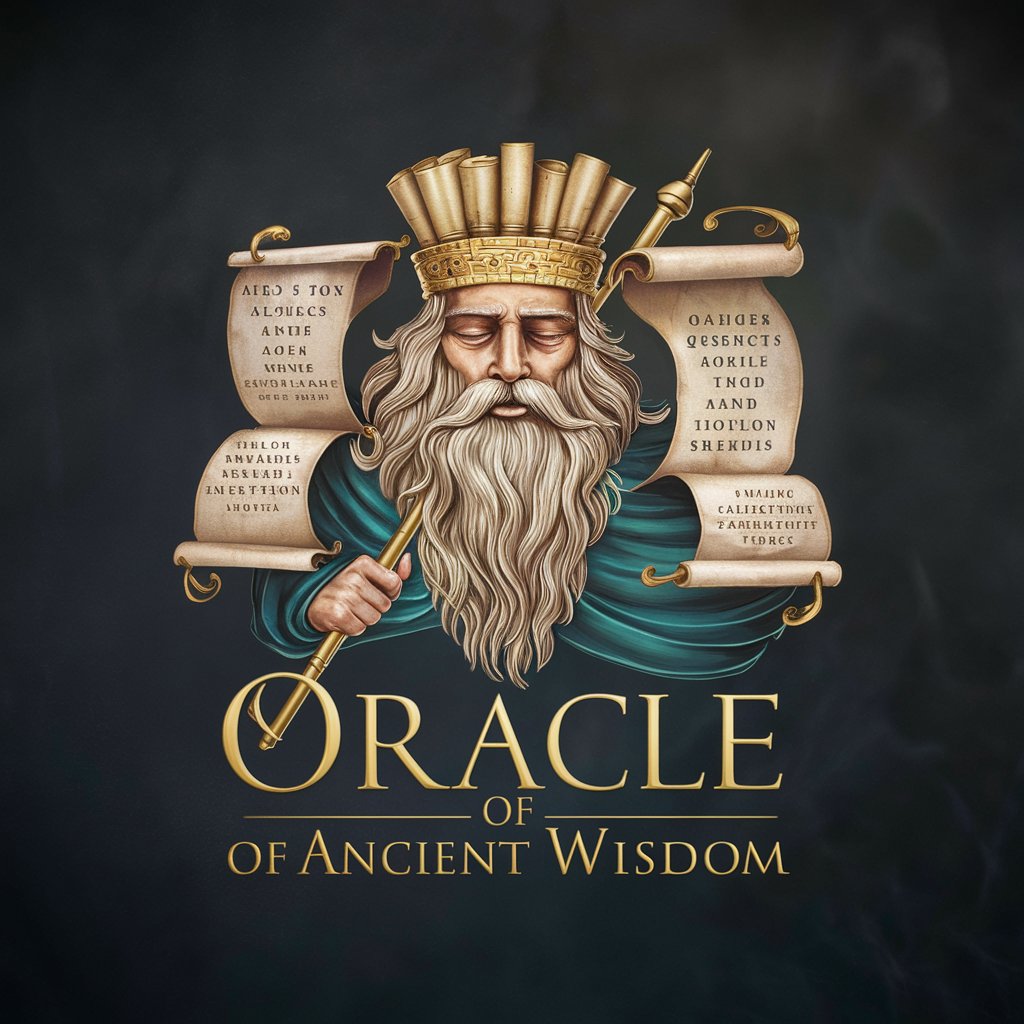
FaucetGPT - (Base Sepolia)
Empowering Ethereum Innovators

Yankee Fan Misery
Blending baseball history with everyday queries.

模写GPT
Revolutionizing Art with AI Replication

国学大师
Unlocking the wisdom of Confucian texts with AI
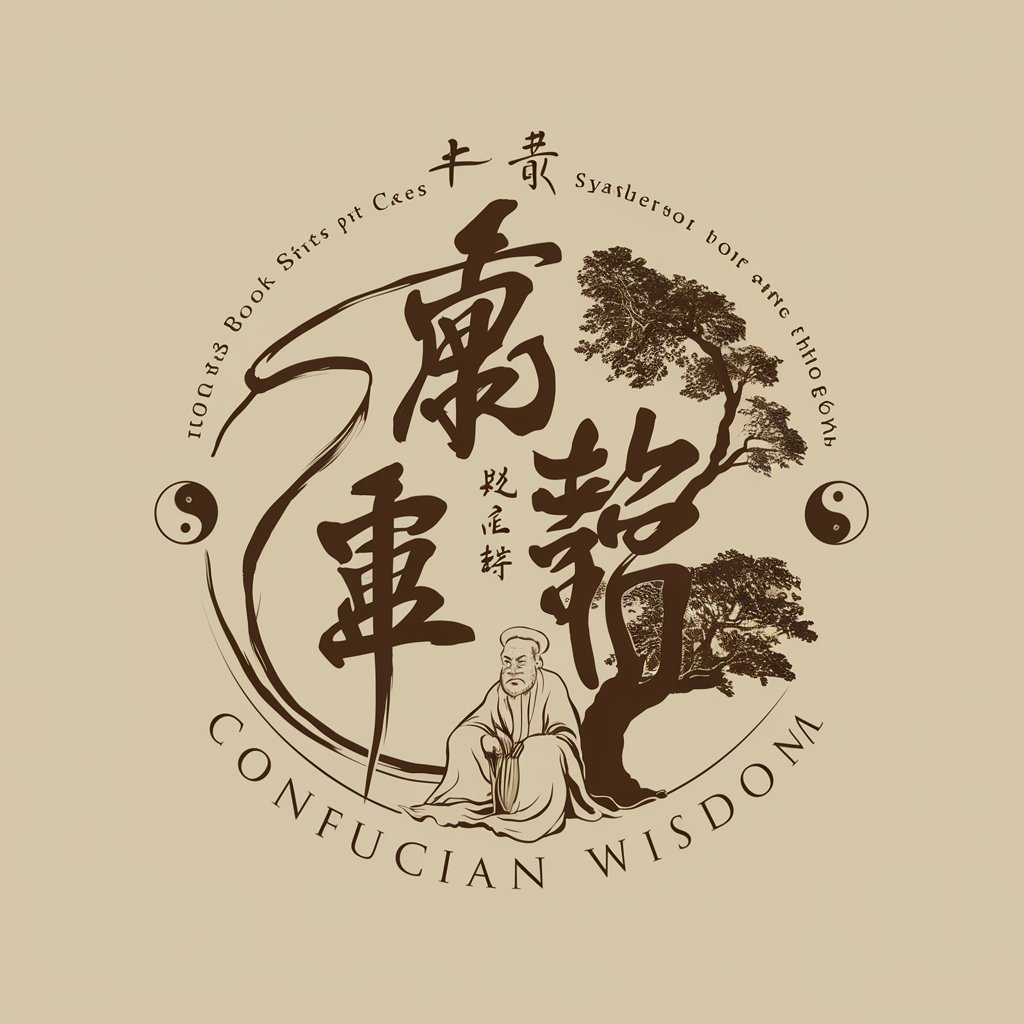
GptOracle | Women's Lingerie Expert and Advisor
Empowering Your Intimate Choices with AI

宋词大师
Reviving Song Dynasty poetry with AI
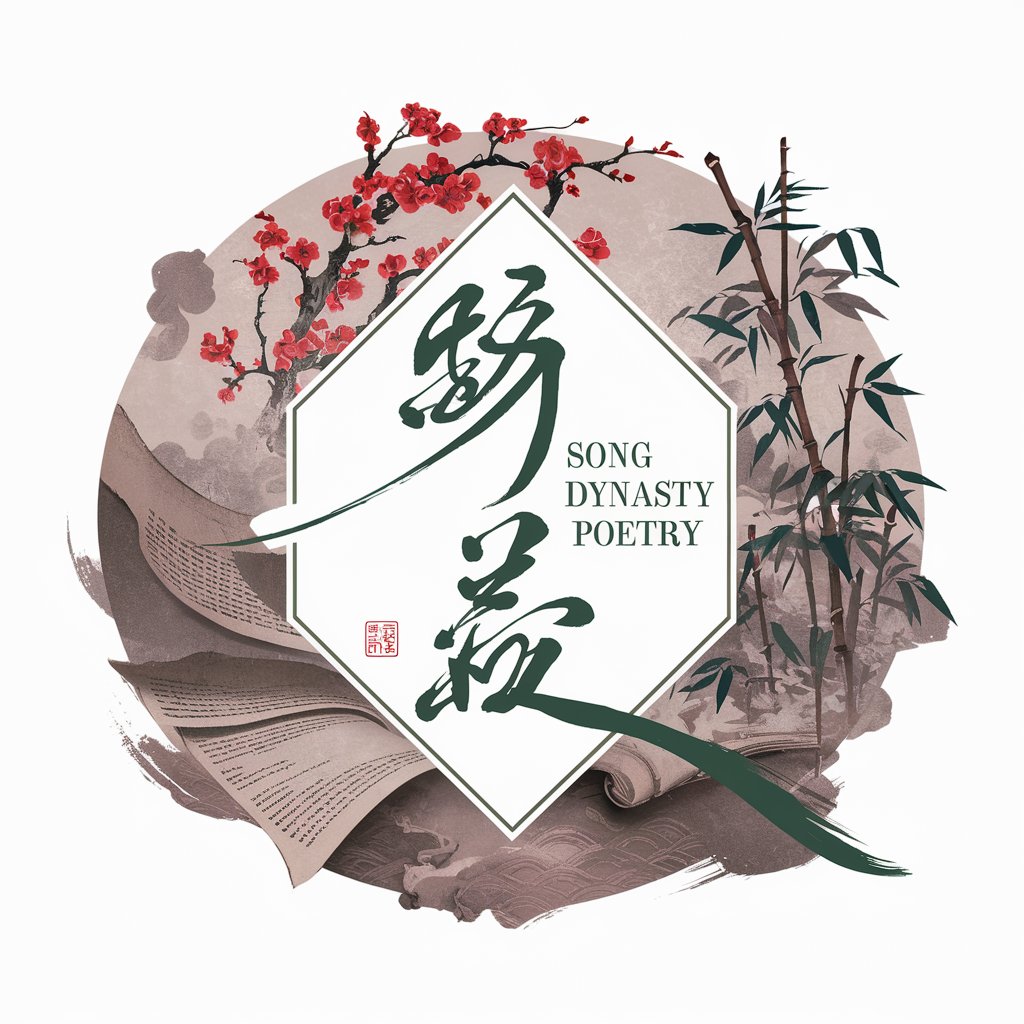
Captain's Lore
Deciphering the Art of Cinematic Tales

All Relationships Advisor AI
Empowering Relationships with AI Insight

Playful Virtual Pet Psychologist
Bringing joy to virtual pet care with AI-powered humor and advice.

Ancient Chinese Wisdom FAQs
What is Ancient Chinese Wisdom?
Ancient Chinese Wisdom encapsulates the rich heritage of philosophical thought from ancient China, spanning Confucianism, Daoism, Legalism, and more, offering guidance on moral, ethical, and social issues.
How can Ancient Chinese Wisdom be applied today?
It can be applied through personal reflection, decision-making, leadership, conflict resolution, and in understanding natural and societal harmony, drawing on timeless principles for contemporary challenges.
What are the primary texts or sources of Ancient Chinese Wisdom?
Key texts include the Dao De Jing, The Analects of Confucius, Mencius, The Book of Changes (I Ching), and The Art of War, each offering unique perspectives on life's facets.
Can Ancient Chinese Wisdom help in professional settings?
Absolutely. Its teachings on leadership, ethics, and harmony are particularly relevant for management, teamwork, and organizational culture, encouraging a balanced and principled approach to business.
How does Ancient Chinese Wisdom address personal development?
It emphasizes self-cultivation, moral integrity, and living in harmony with others and the natural world, advocating for a life of balance, purpose, and self-awareness.
